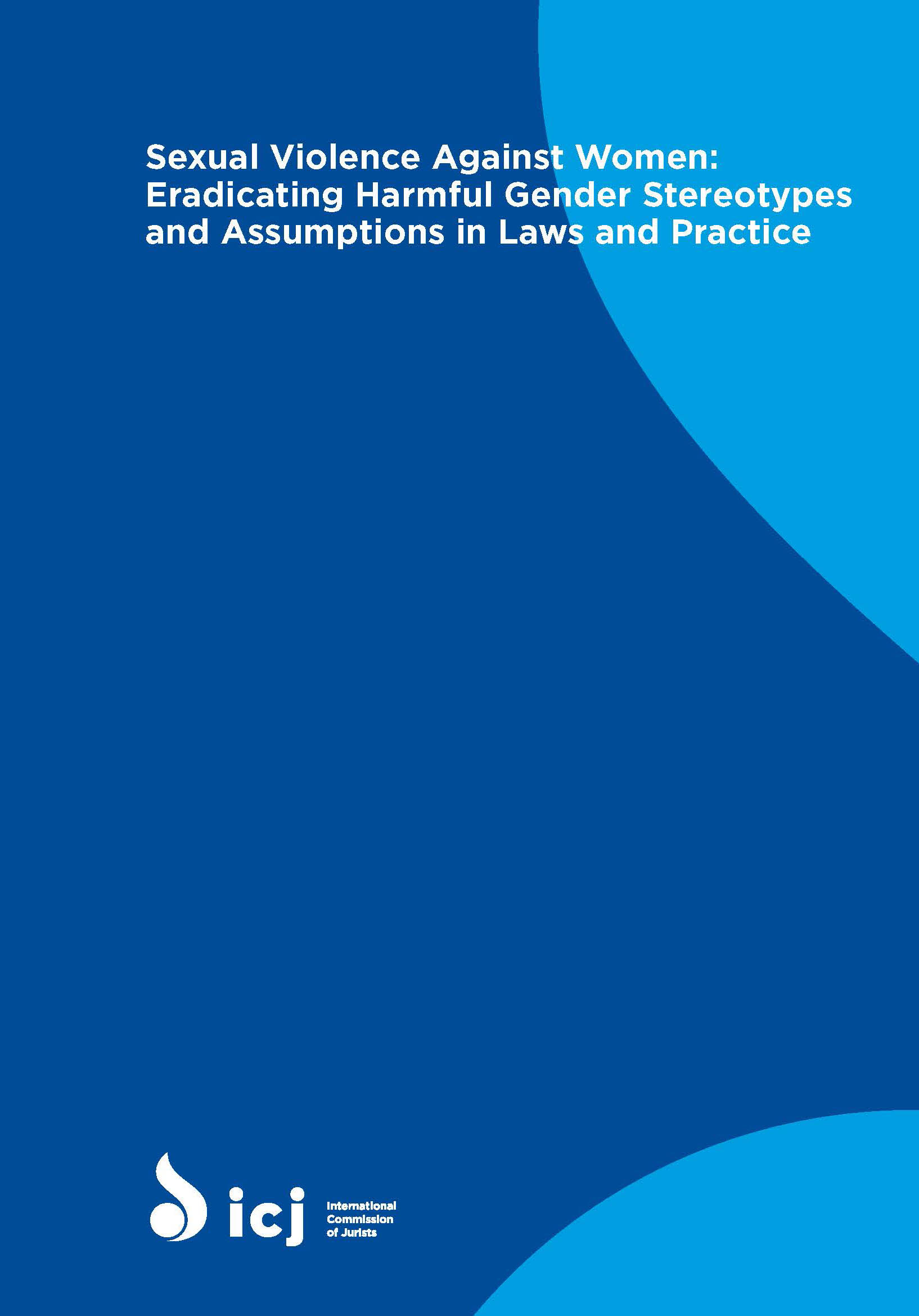Today the ICJ published a briefing paper addressing harmful gender stereotypes and assumptions in law and practice and highlighting efforts in a number of countries to reform such law and practice.
The briefing paper is intended to assist legal practitioners and human rights defenders working to ensure effective criminal justice response to sexual violence against women.
“Around the world harmful stereotypes have the effect of denying many victims of sexual violence effective access to justice and redress for violations. This briefing paper demonstrates the onerous and unfair burdens placed upon victims arising from their gender when they seek to access justice,” said Ian Seiderman, ICJ Legal and Policy Director.
The paper highlights the importance of upholding a suspect’s right to a fair trial, including the presumption of evidence and rights to examine witnesses and challenge evidence while at the same time ensuring victims and witnesses also maintain equality before the law.
The publication addresses common assumptions that women are inherently untruthful; that credibility is premised on chastity; that women will fight back and therefore should demonstrate evidence of physical force or a struggle; that women’s passive sexuality opens up room for debate in defining consent; that women should obey their husbands; and that sexual violence is a matter of dishonor to the victims and their families.
In identifying these underlying harmful gender stereotypes and assumptions the paper also identifies a number of reform measures and examples of good legislative practice that can help states to enhance protection against sexual violence of women in accordance with their international obligations.
Download the report here:
Universal-GenderStereotypes-Publications-Thematic report-2015-ENG (full text in PDF)

